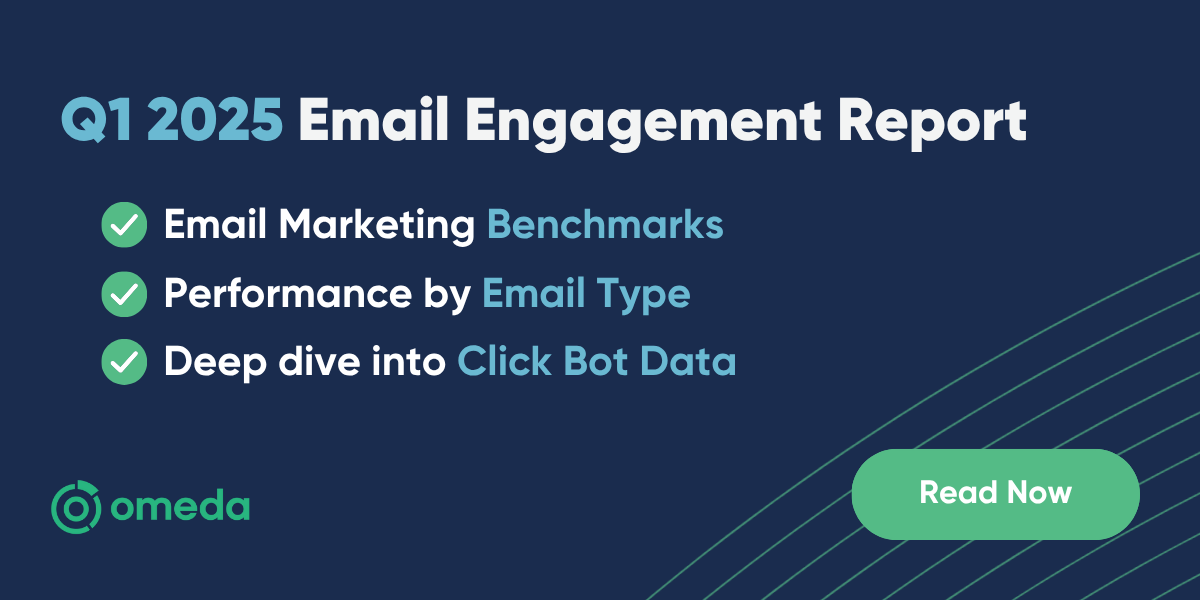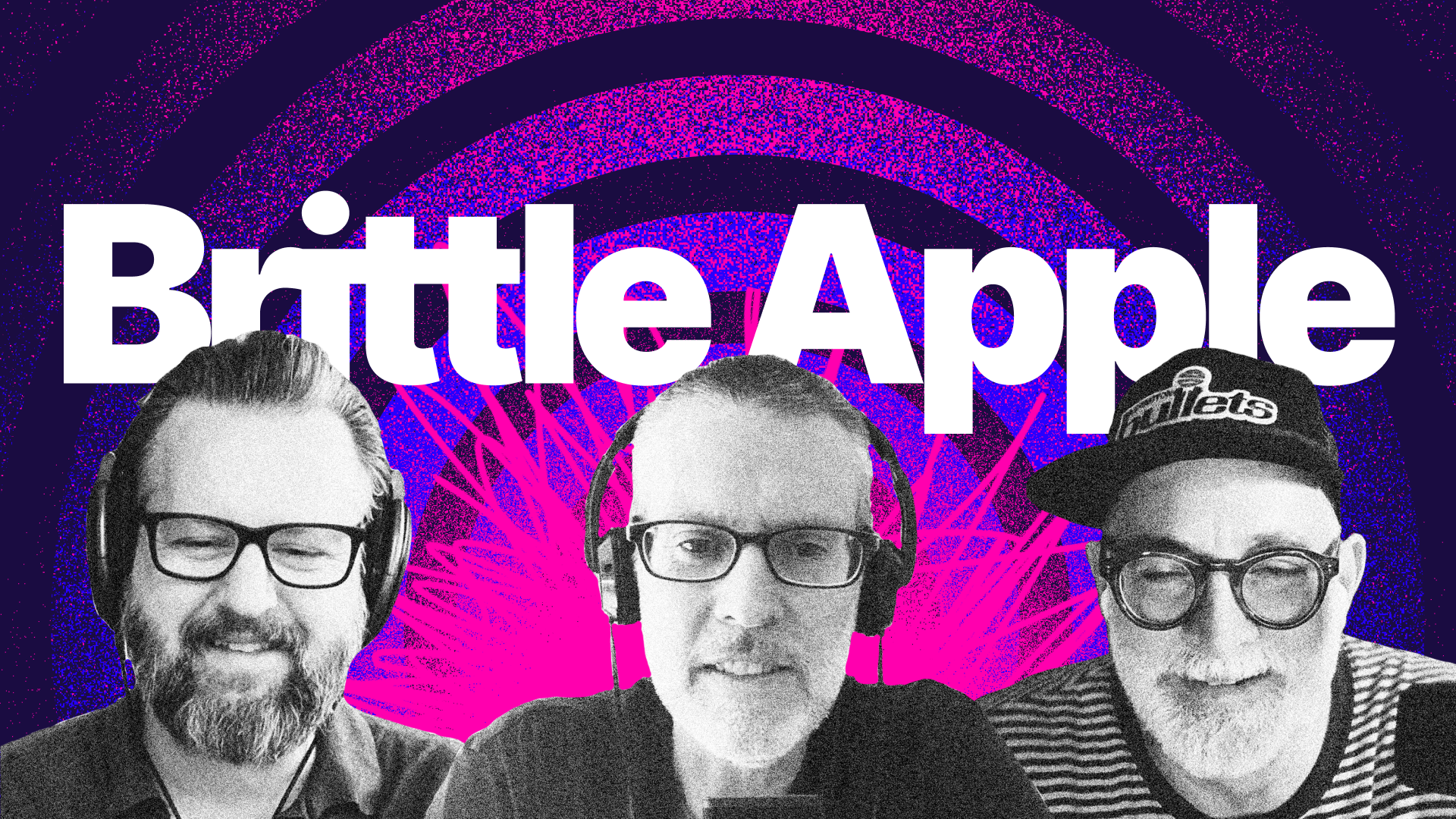Henry Blodget's new new thing
Going back to the future

You can make a good case that Henry Blodget was the most successful digital media entrepreneur of the scale/traffic era. Timing helps. BI sold to Axel Springer in 2015, at the peak of the market expectations for the sector, for roughly 6 times forward revenue. This was a time when BuzzFeed rejected a $650 million offer from Disney and Vice was valued at $5.7 billion. BuzzFeed is now valued at less than half its projected revenue, Vice went bankrupt and sold off to a harvester.
I pay attention to where successful people focus their efforts and what stocks Nancy Pelosi buys. And Henry is not raising money for a similar digital media company. Instead, he’s got a one-person operation in Regenerator. Plus: Apple as rentier capitalist.

Benchmark your email marketing

Curious about how your team’s email marketing efforts compare to others in the media industry? Each quarter, Omeda releases aggregated, anonymized data from client emails sent from the platform so you can understand how your emails are performing.
In Q1 2025, Omeda clients sent 1.87 billion emails from the platform.
Covered in this report:
- Email marketing benchmarks for emails sent in Q1 2025
- Performance benchmarks by email type: newsletters, promotional/ads, events, surveys/research
- Deep dive into click bot data
Replatforming Recurrent
The risks and rewards of a CMS migration. Tomorrow, May 21, at 1pm, I’ll be joined by Aaron Segal, head of product and engineering at Recurrent, and James Giroux, Technical Account Manager WordPress VIP, in an hourlong interactive discussion of how Recurrent migrated its portfolio of sites from a legacy stack to a modern implementation. We’ll get into the details of the strategy behind this and how Recurrent avoided common pitfalls. If you can’t make the event live, we will send registrants a replay and summary of the takeaways after it ends.
“We are going back to the old model”
Henry Blodget onBusiness Insider was a winner of the traffic era. That time seems increasingly distant now. Now publishers need to prepare for Google Zero, as AI roils search distribution and the inevitable takes hold: Search traffic is in secular decline. This is a structural, not cyclical, change that will make formerly successful models obsolete.
“One of the big distribution platforms that drove digital media for 10 years was the opening up of platforms,” longtime BI CEO and cofounder Henry Blodget told me in our conversation for The Rebooting Show. “And, at least for text-based content, that has gone away. We are going back to the old model of distribution, which is owned and operated, direct email, app and homepage.”
Henry’s new project fits in this thesis. Regenerator is a stripped-down Substack newsletter that focuses on connecting the dots in the chaotic world of markets, business, tech and more. This is a bit of a full-circle moment for Henry, whose first career was as a dot-com research analyst at Merrill Lynch that set in motion a redemption tale that culminated with the $343 million acquisition of BI in 2015.
Regenerator has an avowedly optimistic outlook – Henry is a perpetual optimist in my experience – underpinned by a freemium model. He’s bootstrapping the venture, which is currently a one-man band outside of AI companions. A subscription costs $100 a year.
“There are huge advantages to having a model that’s built on subscriptions,” Henry said. “You’re much more attuned to the desires and tastes and needs of a very specific audience, and super-serving them is great. But that is definitely a different model than the broad platform era.”
I found Henry’s path with Regenerator notable considering his history building a formidable digital media brand. The market has simply changed. It’s not unusual to have magazine stars like Tina Brown and Janice Min on Substack. Graydon Carter isn’t betting on a return to when the going is good, and is instead involved in a smaller newsletter-focused project with friends. Shane Smith is a podcaster. Nick Denton is a habitué of short-seller X. Carlos Watson barely avoided going up the river. One of the Mic guys is running a health company valued at $1 billion.
“Both journalism providers and venture capitalists collectively learned that media is not particularly well suited to venture capital,” Henry said in a bit of an understatement. “We had great investors. They were incredibly supportive. But I do remember conversations around the table where we’d say we grew 40%. And everyone would say, how do we 10X it? And the answer is, it’s a linear business. It’s going to take a long time.”
Other highlights:
- Why he believes the era of large-scale generalist digital media is over
- How Substack is evolving from a tool for individuals to infrastructure for new media companies
- The opportunity to build new video-native journalism brands, especially on YouTube and TikTok
Listen to the full conversation with Henry – and check out Regenerator.
AI personalization: Promising but ineffective
The challenge of AI and personalization. At the Media Product Forum, many of the discussions at our roundtables touched on the promise of AI-fueled personalization. What many commonly shared was an ardent belief in the promise that is balanced by a lack of tangible progress in making it a reality.
“Personalization is mostly a dream at this point because it is too hard to get the technology,” one participant said.. “We all know what we want to do, but the tools just aren't there.”
This echoed recent research The Rebooting did with BlueConic. It found that while half of respondents report using AI for personalization, just 5% rated their organizations as effective at implementation.
Apple’s turn as villain

One of the most onerous taxes on the media business is Apple’s 30% cut of App Store transactions. On our latest episode of People vs Algorithms, Alex unpacked this in the context of how Apple has alienated developers by refusing to allow even mention of alternative payment paths. This type of “platform tax” is part of how modern distribution platforms extract value from creators and publishers alike. While Apple News provides a valuable bundle for publishers, it’s also a tightly controlled walled garden—one that underscores the tradeoff between reach and control. As more publishers explore direct models and paid products, the App Store’s cut becomes an unavoidable strategic consideration.
This is part of Apple’s inevitable shift to rentier capitalist, more reliant on levying taxes in the guise of services based on its massive installation base rather than breakthrough product innovation. The AirPods were released in 2016. Even Alex has mothballed his VisionPro goggles.
Thanks for reading. For partnership information, please check out how we work with companies looking to reach 32,000 media executives and operators. Get in touch: bmorrissey@therebooting.com.


